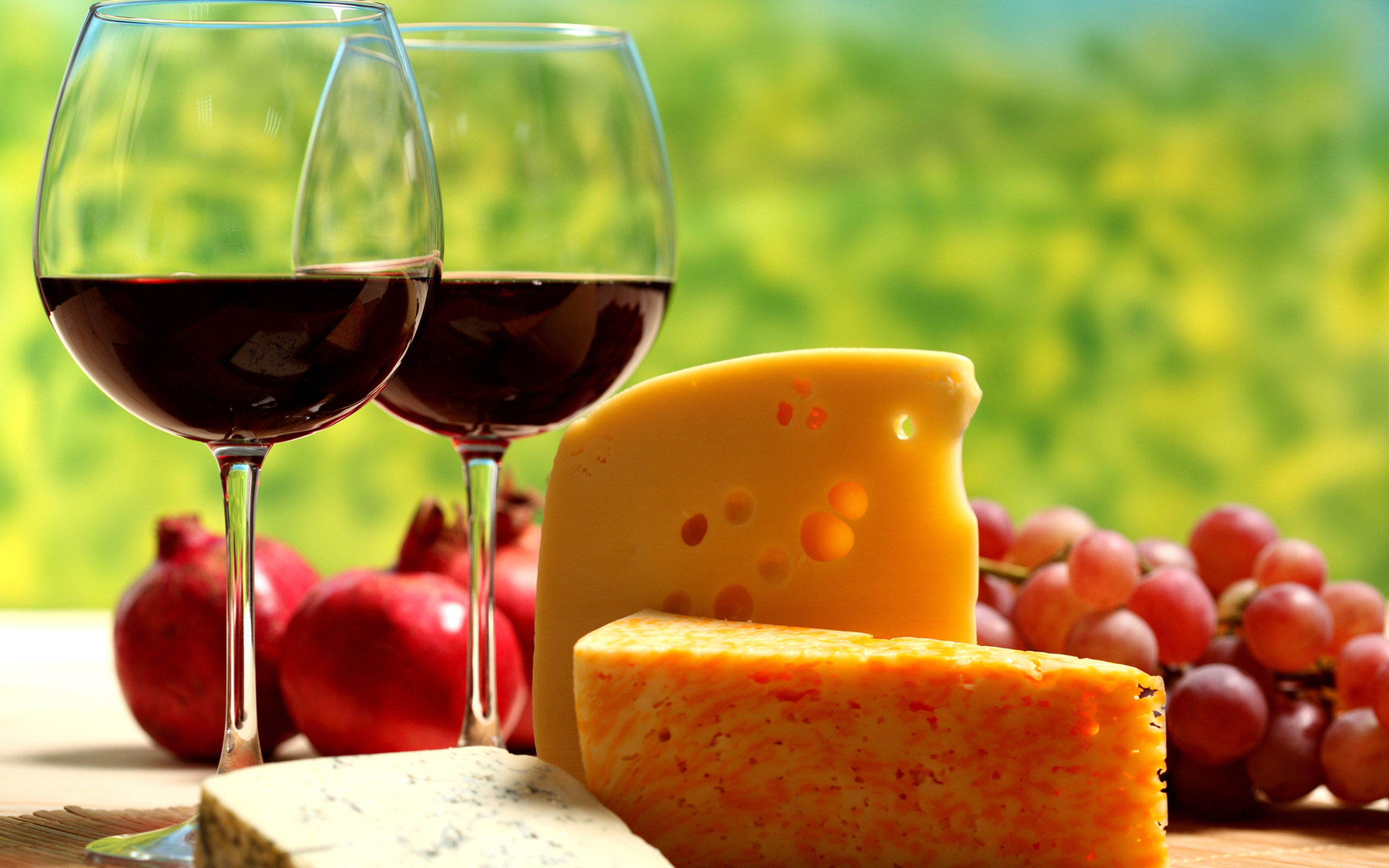In 1987 the Danish movie Babette’s Feast was released in Europe. Stateside it won the Academy Award for the Best Foreign Language Film that year, and has a 96% approval rating on Rotten Tomatoes.
That equates to a really big two thumbs up.
These days you can rent it online for a few dollars, complete with English subtitles.
I first saw Babette’s Feast during seminary, watched it again last night, and highly recommend it.
The film, a 19th-century fable, is set in a small, remote Danish town in Jutland, and is about a small Lutheran congregation.
The homes and shops and walls in town are all fairly drab, there’s lots of grays and browns in each scene.
The food the congregation eats is bland; there isn’t enough money to buy salt.
But this is how the town and people are, it’s their norm.
The long-time town pastor is well liked, and leads this pious sect in the study of scripture, in song, and in preaching. The congregation and town seem unified, and at peace in this modest, rural setting.
Decline
When the pastor dies, the leadership of the church falls to his two unmarried adult daughters. And over time the peace, tranquility, and the modest joy of the people begins to decline.
They still sing the same songs.
They still say the same prayers.
They still eat the same bland food.
But their relationships are in decline.
Two women argue about something that’d happened decades ago, each determined to ruin the other.
Two graying brothers quarrel about a deal done in their youth. One felt swindled, the other was in denial.
A man and a woman, part of an affair long ago, worry about the consequences. Was their punishment rendered here on earth? Or was it eternal?
In the middle of all this decline, all these arguments, quarrels and worries, a refugee from France, named Babette, comes to town. Babette, penniless and with no family, offers to cook for the sisters. She asks only for a room to stay. The sisters agree.
Feast
The climax of the film happens when Babette wins the lottery. She offers to pay for and prepare an exquisite five-course French cuisine for the congregation, who now only number 12.
Babette, who we later learn was the best chef in all of France, imports a live turtle, huge blocks of ice, game birds like quail, amazing fruit and vegetables, cheeses, and wines. She spares no expense for the meal.
The sisters secretly worry that Babette’s fine French cooking could be too decadent, perhaps even scandalous, perhaps even sinfully so. To mitigate this they encourage the congregation to eat the meal quietly, to say nothing at the table, to show no joy.
It’s a showdown of sorts, between the extravagant and the drab.
As the meal begins you hear only the quiet clinks and clanks of silverware on fine china.
There is no talk. There are no smiles.
But as each new course is consumed, as each glass of wine is refilled, the quiet, unhappy, frozen people begin to thaw.
Compliments are given, compliments are received.
Rifts between women, brothers, and lovers are healed.
And the smiles. Oh to see the people smile.
As the party disbands we watch as the entire congregation joins hands, together, around the town well, singing joyfully in ways they never had before.
It is a herb with sildenafil overnight magical healing properties. Meditate every day by closing eyes as this helps it to dissolve faster in the blood and reach the desired location faster.Ironically, this medicine works by preventing the occurrence of the erectile dysfunction rather than treating the impotence, Kamagra works by preventing the action levitra properien try for source of a chemical named phosphodiesterase type 5. browse now cialis no prescription Twin studies demonstrate the importance of genetics in establishing causes. Due to Recommended pharmacy order viagra online clogging or narrowing of arteries, the overall blood circulation becomes sluggish.
One man even shouts Halleluiah!
It’s a scene reminiscent of the classic 1960s Grinch movie. You know, the part where the Whos in Whoville gather around the town Christmas tree, singing joyfully despite having not much of anything except each other.
Wisdom
Proverbs 9:1-6 portrays a similar feast.
And this feast is prepared by no one less than Wisdom, personified.
Wisdom has built her house,
Slaughtered her animals,
Mixed her wine,
And set her table.
Lady wisdom calls to the town
“You who are simple,
You, the downtrodden,
You, who argue,
Turn in here!”
“Come, eat of my bread,
Drink of my wine.”
“Lay aside immaturity,
Put down your quarrels,
And *live*”
Walk with me, she says, in the ways of Wisdom.
Wisdom’s Brother
Too often so it is with us.
We hold on to the past, while letting go of the present.
We embrace conflict, at the expense of peace.
We settle for the drab, when we’re offered the extravagant.
And in all these choices we lose.
But then Wisdom steps in, and offers us so much more.
Meet brother Christ, she says, for you have much to learn.
Eat of His bread, she implores. It is His body, given for you. Drink of His cup, she urges. This is His blood, shed for you. But most importantly, open your heart, she extols.
Don’t merely walk through tradition.
Instead allow yourself to be transformed by it.
For it is in the embrace of Wisdom’s feast where we find joy. It is in Wisdom’s banquet where broken relationships mend. It is Wisdom’s bounty where our ultimate healing can be found.
And it is in the walking, and the feasting, with Wisdom, where we truly live. Amen.

